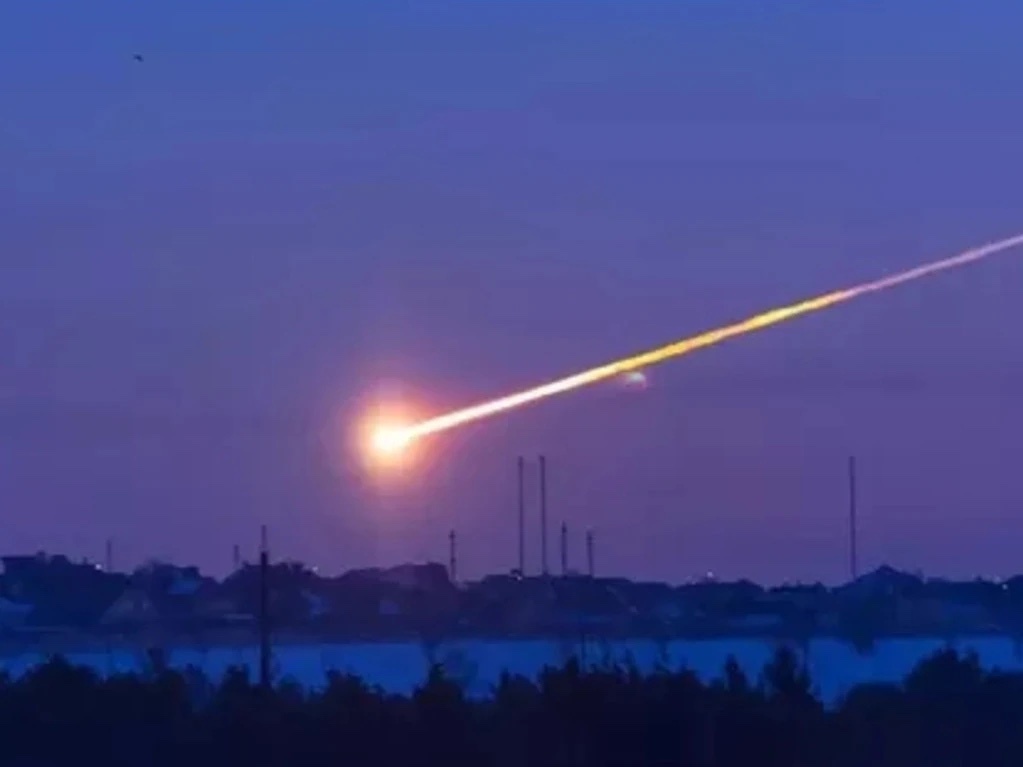28.11.2023
There are more than 500,000 pieces of space junk in orbit, causing problems for further space exploration as well as for us here on the ground.

Ever since man entered space we have been leaving junk behind.
Parts of space shuttles and dead satellites either burn up on re-entry, as was spectacularly witnessed in Melbourne earlier this year, or remain in orbit.
A NASA report claimed that there were more than 500,000 marble-sized or bigger pieces of space debris orbiting Earth, a number that grows to more than 100 million when you include even smaller pieces.
University of Melbourne astrophysicist Clare Kenyon said this was causing issues for further space exploration.

A space junk meteor on re-entry. Picture: Supplied
“When you think about all the stuff up there, both the useful things like satellites and space stations, plus the junk – apparently there is a glove and toothbrush and other bits of discarded equipment – you can easily imagine that there is a high chance of collisions,” she said.
“These collisions tend to produce smaller and smaller pieces of junk. The first-ever occurrence of two satellites smashing into one another was in 2009 and resulted in an estimated 2000 pieces of material in a huge debris cloud.”
It’s not just causing issues for those with interests in space Ms Kenyon said, but it’s also having a detrimental impact on those of us anchored here on Earth.
“The atmosphere can be badly affected by re-entering space junk,” she said. “As it burns up, the chemicals making up the re-entering material are released. Some of these are known to weaken ozone.
“The introduction of lots of aluminium to the atmosphere and its potential impact on the ozone layer could be a real problem in the future, potentially producing a new ozone hole.
“Australia already has a thinned level of ozone in the atmosphere and both the north and south polar regions experience a drastic thinning of the ozone layer in spring.
“We experience ozone depletion in quite a noticeable way (skin cancers, level of UV) and if this increases in the future then it could be quite an important localised problem.”
Quelle: news.com.au
